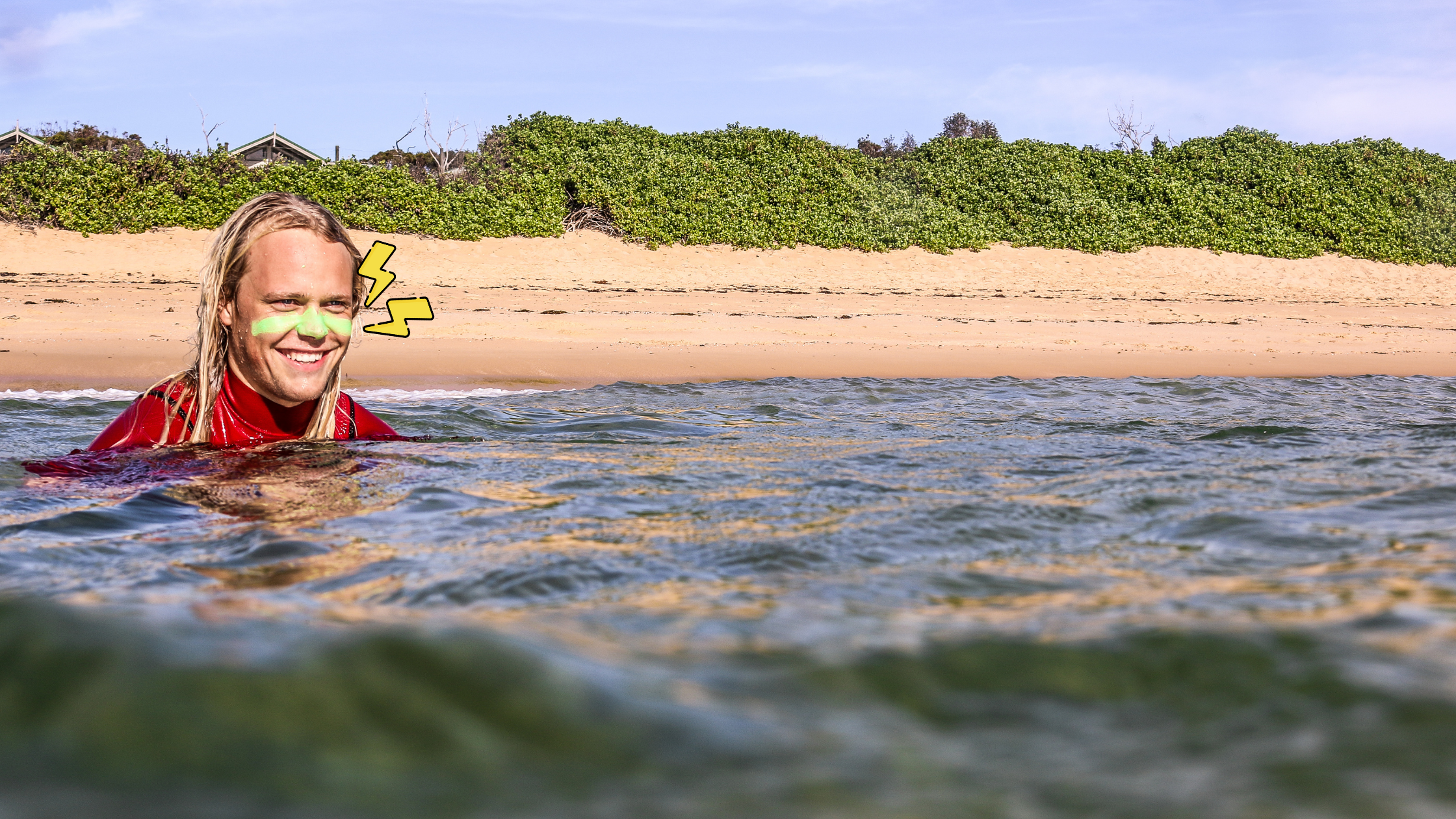Why Your Sunscreen Choice Should Be Reef-Safe
Share
Sun Protection Without Sacrifice: Why Your Sunscreen Choice Should Be Reef-Safe
Sun protection is undeniably crucial. We all know the importance of shielding our skin from harmful UV rays to prevent sunburn, premature aging, and even skin cancer. However, the sunscreen we choose can have unintended consequences, impacting the delicate balance of our marine ecosystems.
This is where reef safe sunscreen enters the picture.
The Coral Crisis: A Cause for Concern
Many traditional sunscreens contain ingredients like oxybenzone and octinoxate. While effective in protecting our skin, these chemicals pose a significant threat to coral reefs. Studies have shown they can disrupt coral growth, reproduction, and lead to coral bleaching - the vibrant coral turning white and ultimately dying.
Coral reefs are vital to the health of our oceans. They provide crucial habitat for diverse marine life, protect coastlines from erosion, and even contribute to tourism economies. The decline of coral reefs due to various factors, including sunscreen pollution, necessitates a shift in our sun protection practices.
Making a Splash with Reef Safe Sun Cream Solutions
Thankfully, several safe and effective alternatives exist. Reef-safe sunscreens rely on mineral ingredients like zinc oxide and titanium dioxide. These minerals sit on top of the skin, physically blocking UV rays without harming the delicate coral ecosystem.

Choosing the Right Reef-Safe Sunscreen:
- Look for "reef-safe" or "oxybenzone-free" labels.
- Opt for mineral-based sunscreens containing zinc oxide or titanium dioxide.
- Consider broad-spectrum protection (UVA & UVB) with SPF 30 or higher.
- Choose water-resistant options if you'll be swimming or sweating.
Beyond the Beach: Everyday Sun Protection
While reef-safe sunscreen is particularly crucial for beach vacations and water activities, sun protection is essential year-round. Incorporating reef-safe sunscreen into your daily routine, even for commutes or errands, makes a significant difference.
Sun Safety with a Conscience:
Choosing reef-safe sunscreen doesn't mean compromising on sun protection. It's a conscious decision to safeguard both your skin and the vibrant underwater world. By making this switch, we can all play a role in preserving the beauty and ecological balance of our oceans.
Remember:
- Sun protective clothing, hats, and seeking shade are additional ways to minimize sun exposure.
- Look for brands committed to sustainable practices and eco-friendly packaging.
Together, we can ensure sun protection goes hand-in-hand with a healthy planet.


